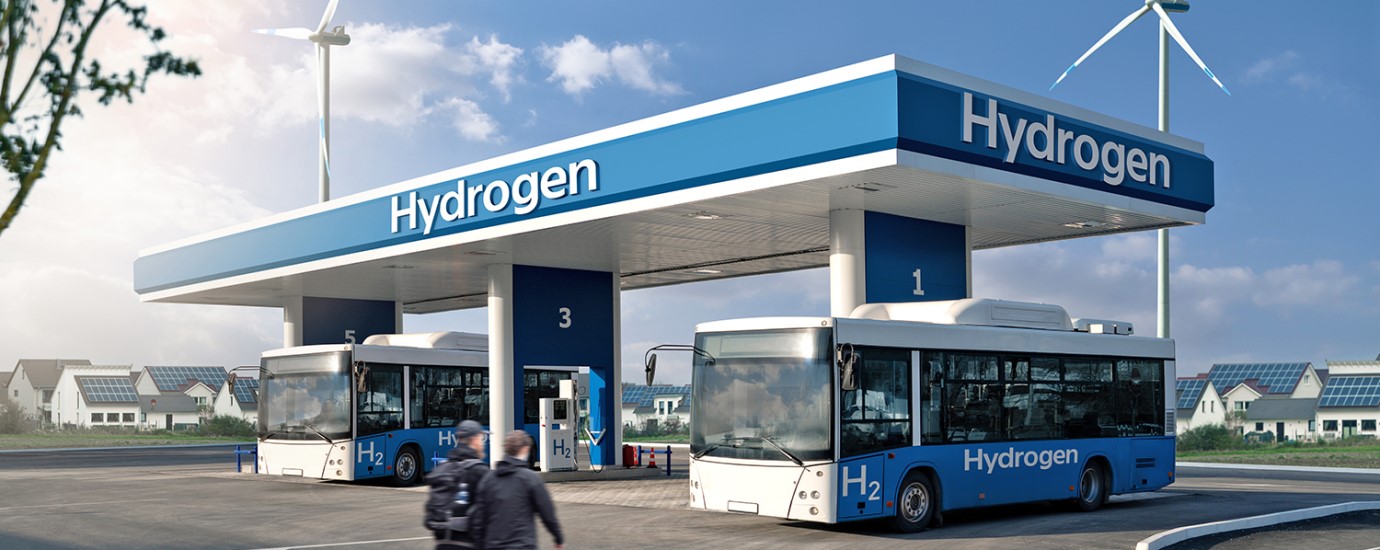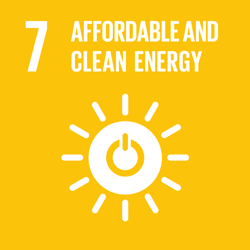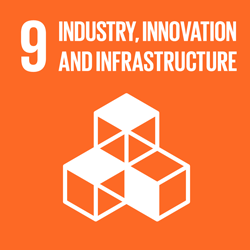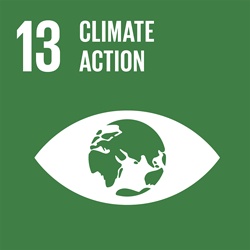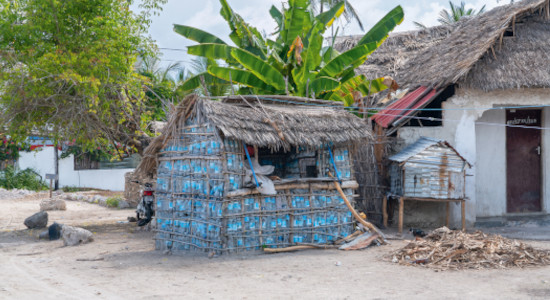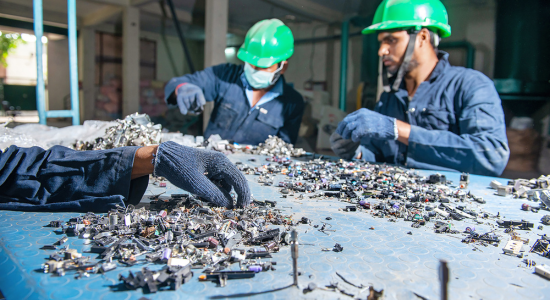Power-to-X and Hydrogen Economy
Power to X (PtX) is one of the most critical technologies for achieving a climate neutral and sustainable future. It transforms renewable electricity into valuable products such as hydrogen, fuels, or chemicals. By converting green power into storable and transportable forms, PtX bridges the gap between sectors that are hard to electrify and uneven supply of renewable energy.
PtX enables deep decarbonization across industry, mobility, and heating. It allows surplus renewable energy to be stored as green hydrogen or synthetic fuels, reducing dependency on fossil resources.


